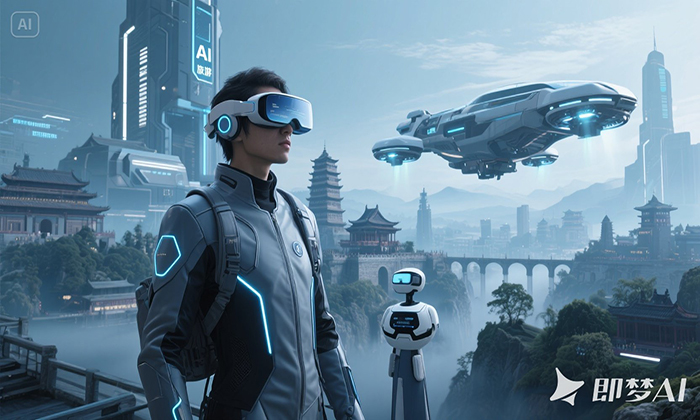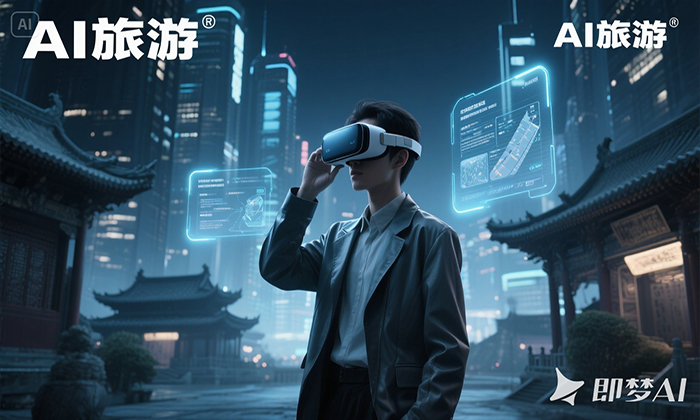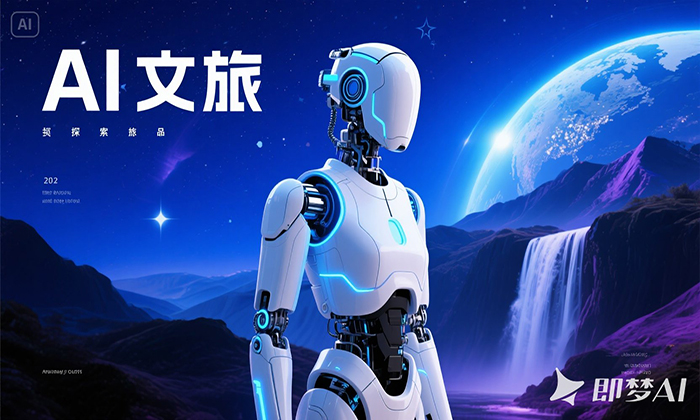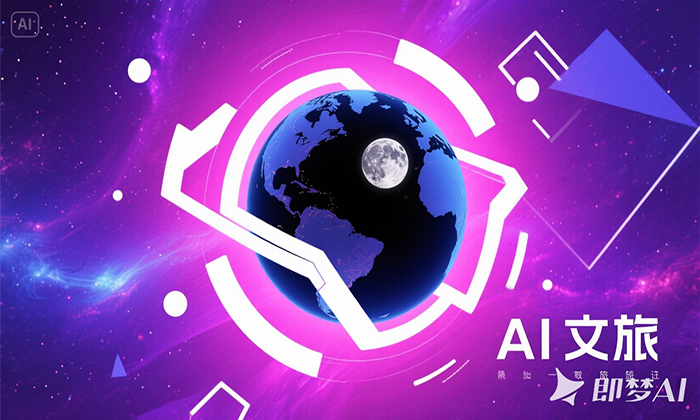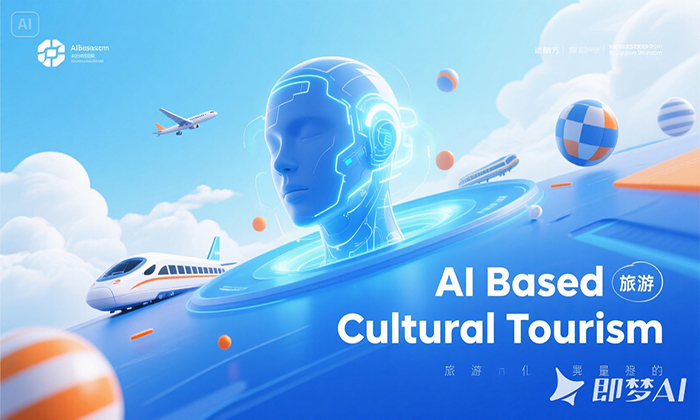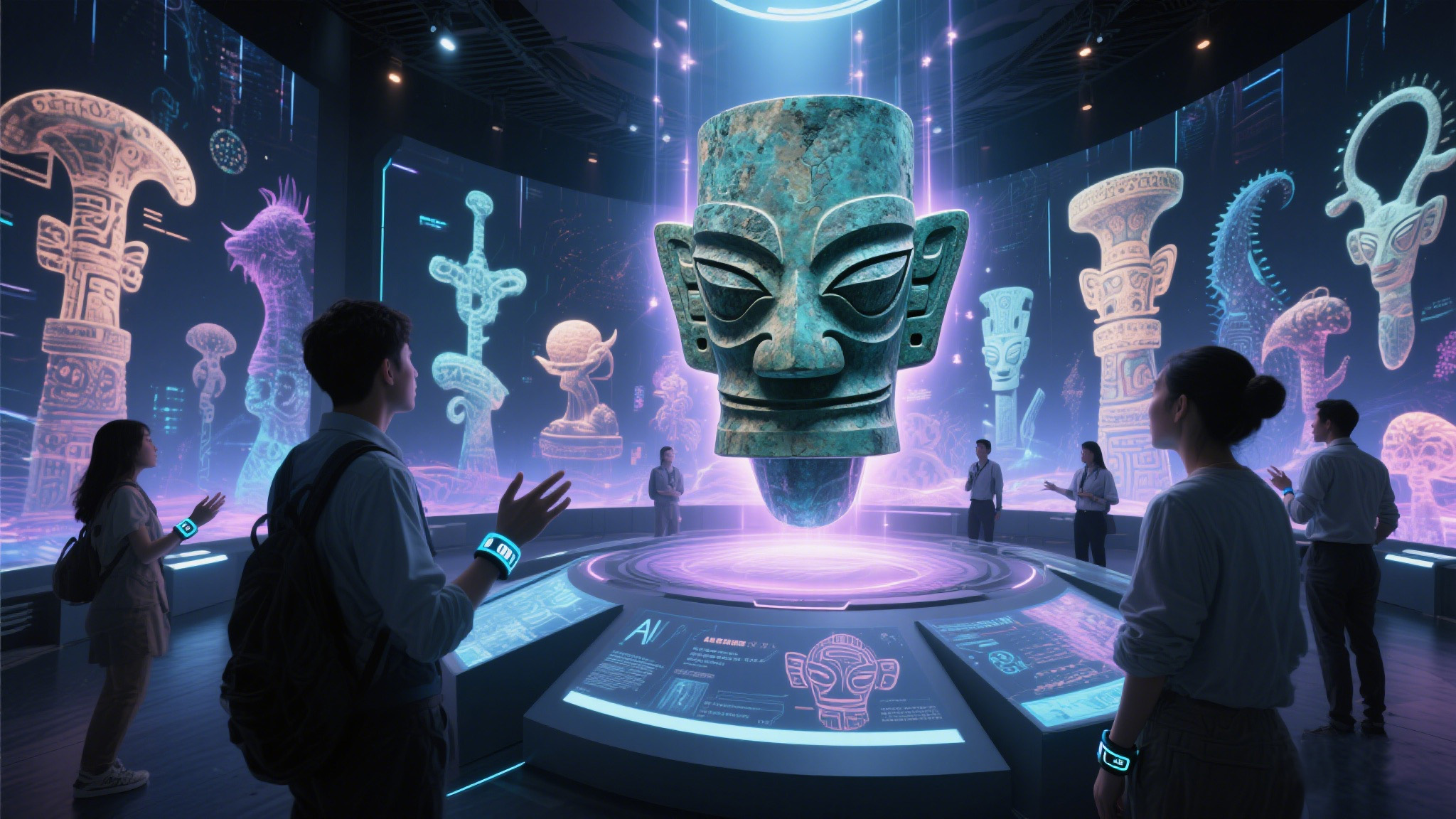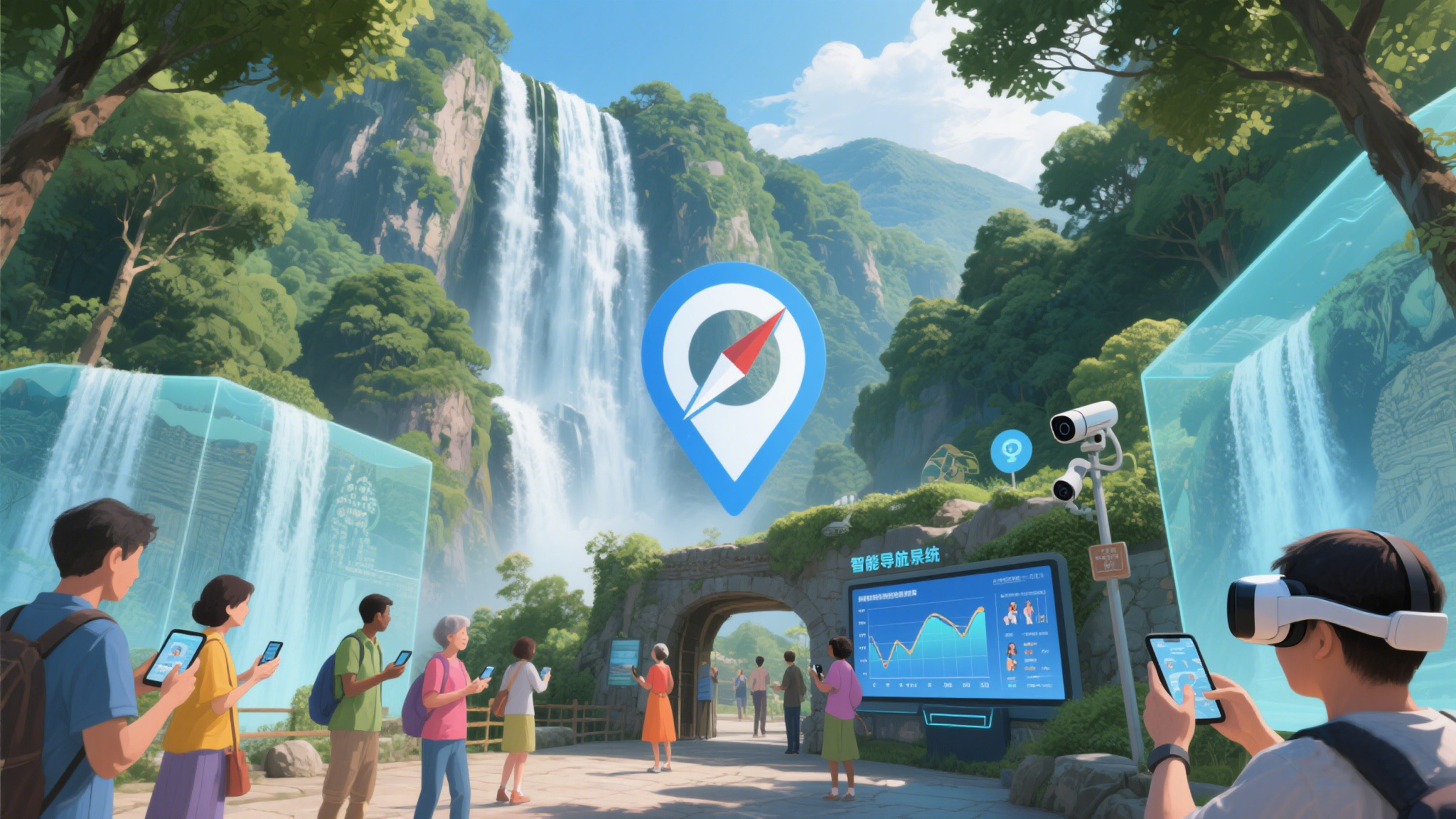The Rise of AI in Cultural Tourism: Transforming Travel Experiences
Introduction
The integration of Artificial Intelligence (AI) into cultural tourism—often referred to as AI-powered tourism (AI文旅)—is revolutionizing the way people explore and experience destinations. From personalized travel recommendations to virtual tour guides, AI is enhancing efficiency, engagement, and accessibility in the tourism industry. As technology evolves, AI is becoming an indispensable tool for both travelers and service providers, reshaping the future of cultural and heritage tourism.
AI Applications in Cultural Tourism
1. Personalized Travel Recommendations
AI-driven platforms, such as chatbots and recommendation engines, analyze user preferences, past travel behavior, and real-time data to suggest tailored itineraries. For example, platforms like TripAdvisor and Google Travel leverage machine learning to recommend attractions, hotels, and dining options that match individual interests.
2. Smart Virtual Guides and Chatbots
AI-powered virtual assistants, such as AI tour guides, provide real-time information, multilingual support, and interactive storytelling. Museums and heritage sites are adopting augmented reality (AR) and AI chatbots to offer immersive experiences. For instance, the Louvre Museum uses AI to enhance visitor engagement through personalized audio tours.
3. Facial Recognition and Contactless Services
In the post-pandemic era, AI-enabled facial recognition and contactless check-ins improve safety and convenience at airports, hotels, and tourist attractions. China’s "Smart Scenic Spots" initiative employs AI for crowd management, ticket verification, and personalized visitor services.
4. AI in Heritage Preservation
AI assists in digitizing and restoring cultural heritage through 3D modeling and predictive analytics. For example, IBM’s AI has been used to reconstruct ancient artifacts, while machine learning helps monitor and preserve historical sites by predicting environmental damage.
5. Dynamic Pricing and Demand Forecasting
Tourism businesses use AI to optimize pricing strategies based on demand fluctuations, weather conditions, and events. Airlines and hotels utilize AI-powered tools like Amadeus and Duetto to adjust prices dynamically, maximizing revenue while offering competitive rates.
Challenges and Ethical Considerations
Despite its benefits, AI in tourism faces challenges:
-
Data Privacy: AI relies on vast amounts of user data, raising concerns about security and misuse.
-
Job Displacement: Automation may reduce the need for human tour guides and customer service staff.
-
Algorithmic Bias: AI recommendations may favor popular destinations, neglecting lesser-known cultural sites.
The Future of AI in Tourism
As AI continues to evolve, we can expect:
-
Hyper-personalized travel experiences with AI predicting preferences before users even search.
-
Increased adoption of Metaverse tourism, blending AI, VR, and AR for virtual cultural exploration.
-
Sustainable tourism management through AI-driven crowd control and eco-friendly recommendations.
Conclusion
AI is transforming cultural tourism by making travel smarter, more interactive, and accessible. While challenges remain, the potential of AI to enhance heritage preservation, visitor engagement, and operational efficiency is undeniable. The future of tourism lies in the seamless integration of AI, ensuring that travelers enjoy richer, more meaningful experiences while preserving the world’s cultural treasures.
Would you like me to refine any section or add more specific examples?







